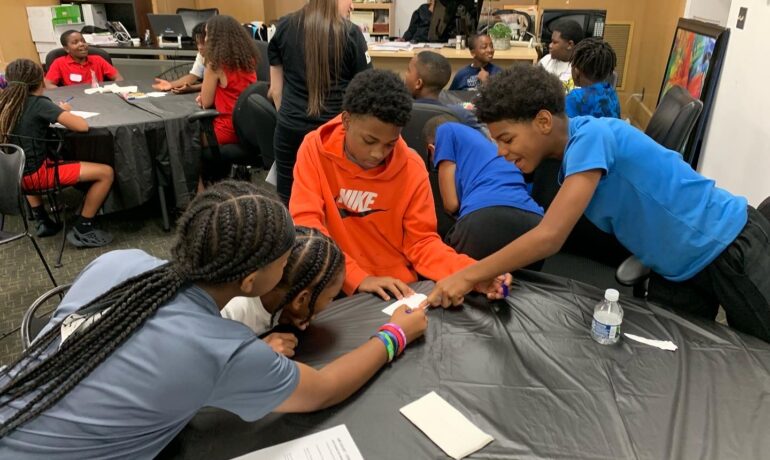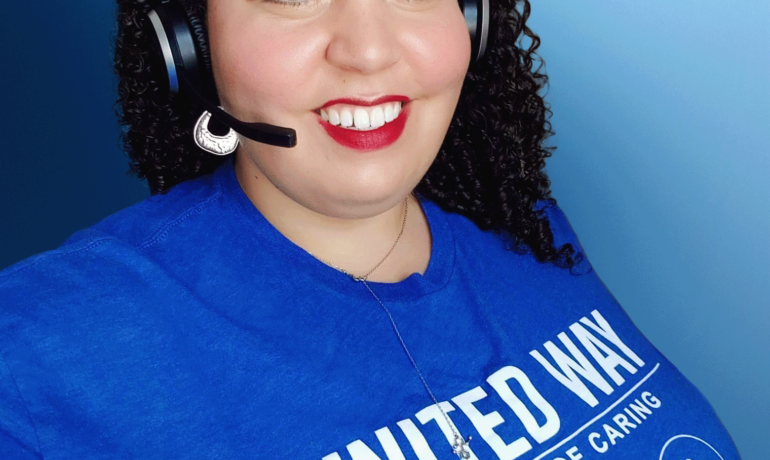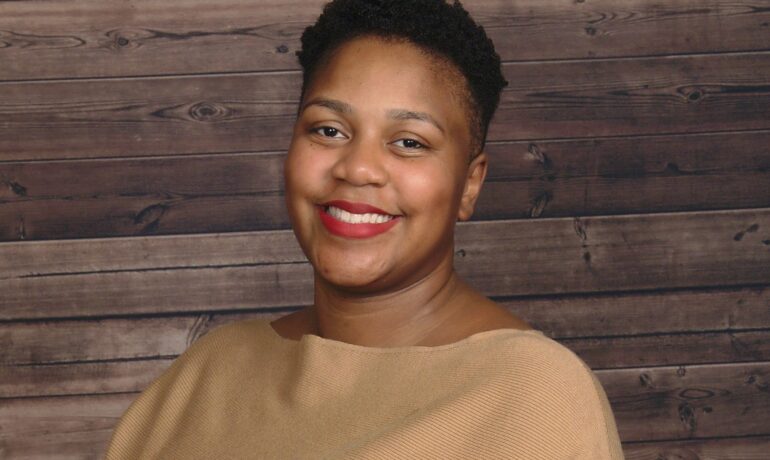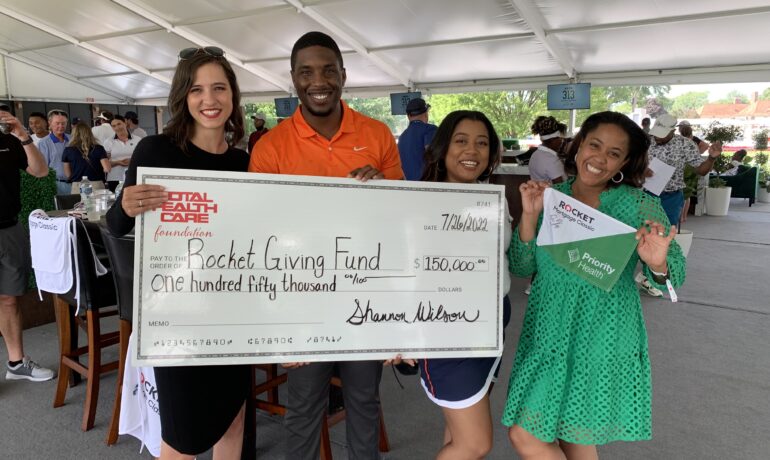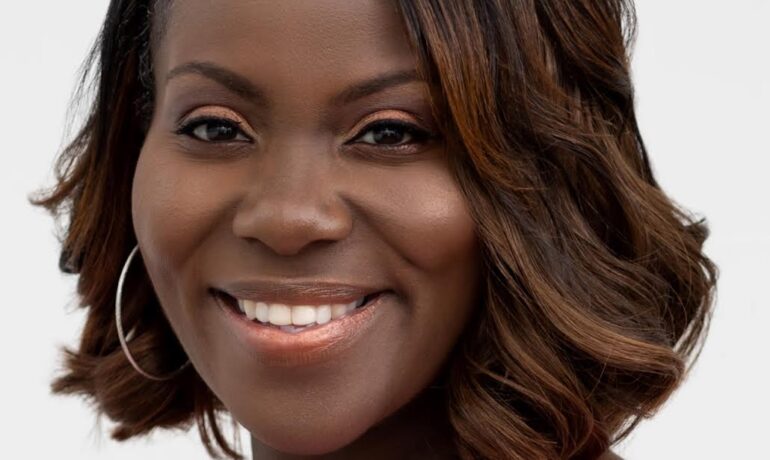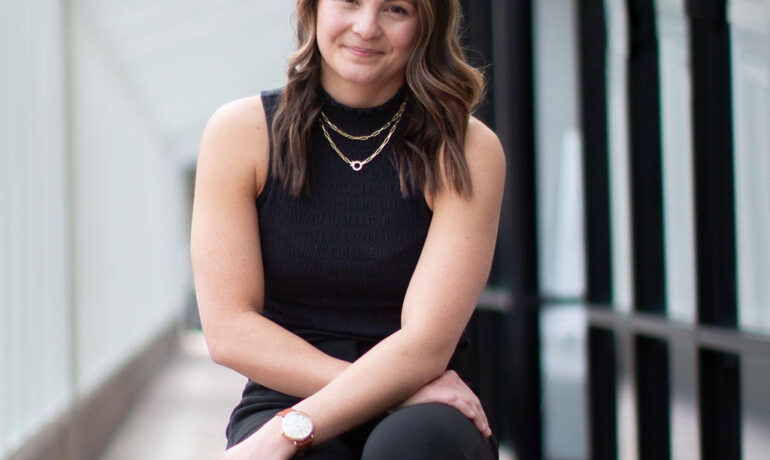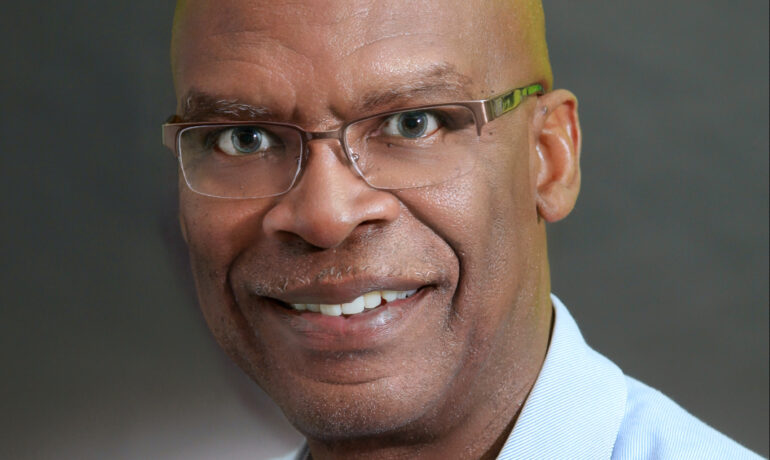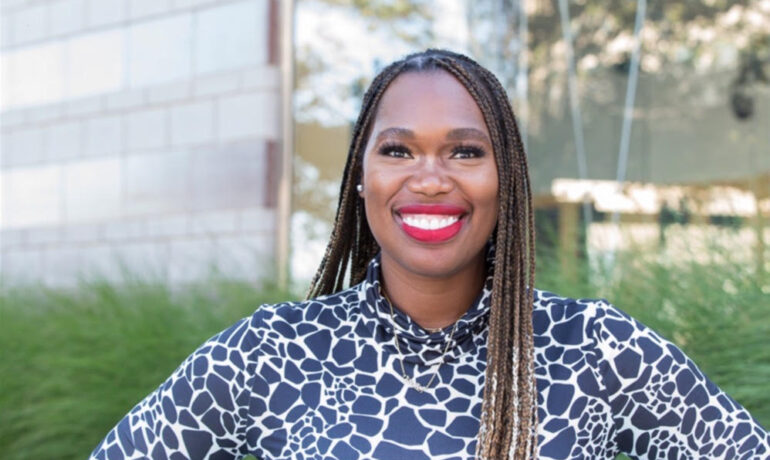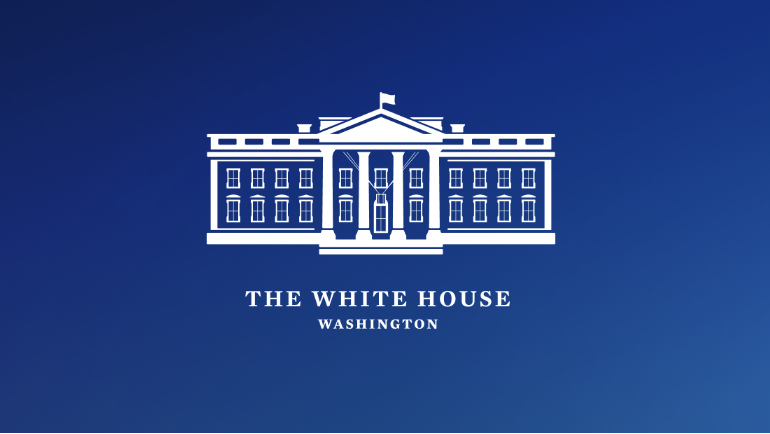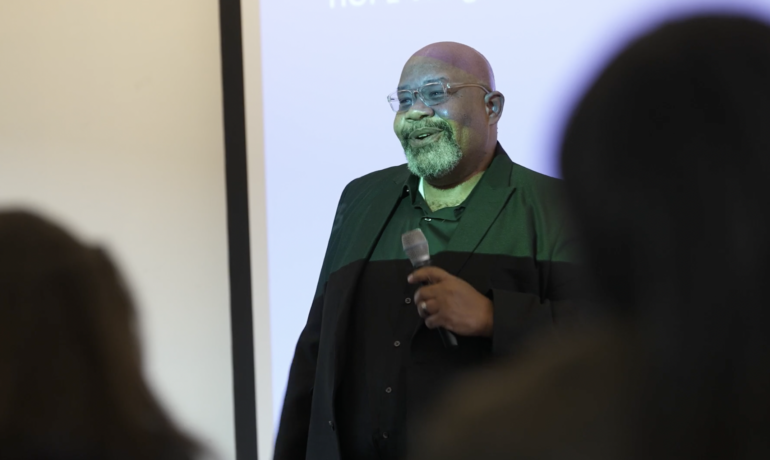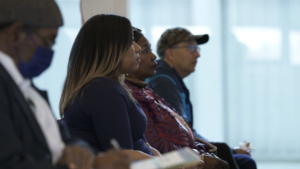How A Community Suggestion to Connect 313 Launched a Summer Tech Camp for Kids
How A Community Suggestion to Connect 313 Launched a Summer Tech Camp for Kids
When people think about Xbox, PlayStation, and Switch, video gaming immediately comes to mind. But, these days, gaming can be more than a hobby – it can lead to a lucrative career. That’s why Osborn Neighborhood Alliance Community Ambassador Steven Henry, a self-described ‘tech geek,’ submitted a proposal to Connect 313 for a two-week technology and gaming camp. Connect 313 provided a grant to bring the summer camp experience to life for more than two dozen Detroit-area students ages 8-17.
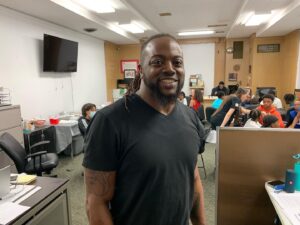
“Connect 313 has been an open book because they’ve always said, if you have a project or something you’re interested in, submit a proposal,” Steven says. “Ultimately, what I want (the kids) to learn about is gaming and the profession, as well as gaining an understanding about themselves, their goals, and the skills needed to achieve their dreams.”
The camp is currently underway (August 15-26) at the Matrix Center on McNichols, led by the Philadelphia-based group Nerd Street Gamers, a video game company that brings electronic sports, or esports, to communities across the country.
“We love working with kids,” says Ben Beaver, Senior Manager of Youth Camps and Programming at Nerd Street Gamers. “We want them to know that gaming and technology can pay you and it can pay well and it can open doors that otherwise wouldn’t be there. You can get into college through scholarships, which is still growing, but we want them to understand those opportunities exist.”
At the camp, students don’t just play video games, they learn how to build them. They’re also learning about the digital divide, how to bridge the gap, build relationships, and set goals.
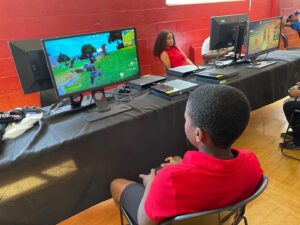
“We did an activity earlier today asking them what they want to be when they grow up, so we had them write these things on an index card: How much do they want to make? Where do they see themselves in a few years? Where is some place they want to go in the near future?” Steven explained. “Those things help you to hone in on what their goals are, and we can work on those goals.”
Steven hopes the camp sparks newfound excitement for the endless opportunities a career in the tech world holds – opportunities Detroit students can take advantage of with the tools, skills, training, and access Connect 313 helps to provide. Have a great suggestion? Visit: https://connect313.org/suggestions/ and tell us more!

